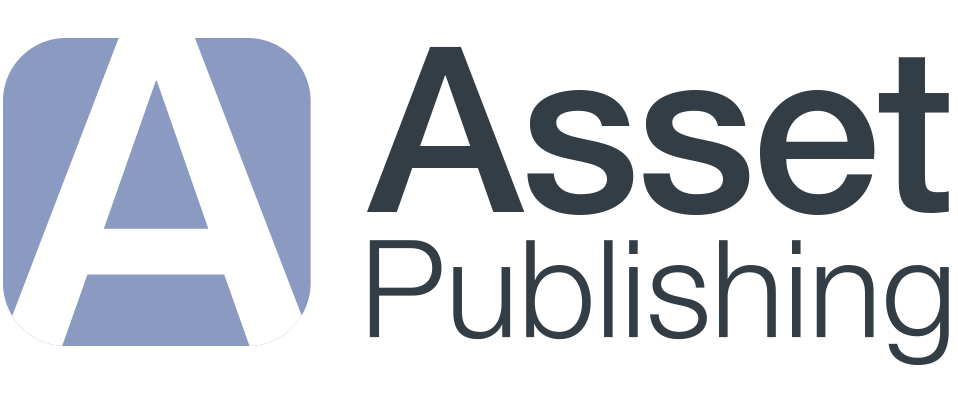Cape Town to propose ownership models for potential railway passenger services takeover

The City of Cape Town’s City Rail Feasibility Study could be served before Council by December 2024 for approval – and further action.
The study, which commenced in July 2022, investigated the impact and implications of passenger rail services should they be delegated to the municipality; ownership models based on international best practice, and the associated risks. The outcome suggests that the City of Cape Town should be in control of the railway service for it to become fully functional and operational.
‘Devolution’ (the transfer or delegation of power) would benefit Capetonians and support local economic growth, says the City.
“Cape Town is racing ahead to develop detailed business plans to take over rail and to get it working … Currently, up to 89% of commuters use road-based transport. This situation is unsustainable, and costly for especially lower income households, not to mention the impact of congestion and lost productivity on our economy and environment,” says Mayor, Geordin Hill-Lewis.
According to the research, a functional railway system will save lower income families R932 million per year and sustain 51 000 jobs in the metro.
Mayor Hill-Lewis also says that the City cannot take over the passenger rail without funding. “The National Government will have to transfer the required budget to the City to enable us to operate passenger rail, which we estimate amounts to R123 billion over a 30-year period.”
The City plans to propose three ownership models, and if approved, the next step will be to develop business plans; (1) to own, operate, and maintain the rail network, stations and trains; and to absorb PRASA personnel; (2) to own all rail related assets and concessions rail network, stations, and responsibility for all train operations and maintenance with the concessionaire absorbing PRASA personnel; and (3) to procure a large scale integrated solution through a comprehensive concession.
The feasibility study identified these ownership models factoring the City’s policy mandate and Integrated Development Plan. Potential financial implications were evaluated through a cost-benefit analysis to determine the extent to which financial support would be required. A detailed qualitative risk assessment was also undertaken.
The municipality says the estimated cost in nominal terms (allowing for inflation) over a 30-year period amounts to R123 billion, with a subsidy required from National Government.
Pending City Council approval, the development of the business plans for the ownership models is anticipated to be finalised by mid-2025.
“Once complete, the business plans will give us further clarity on the required capital injections to replace dated assets and expand the rail network. Expansion is critical as we have to plan ahead for a growing population – be it to increase capacity on the lines where the demand is high, such as the route between Strand and Bellville, or to expand the service to areas where there are currently no trains at all, such as the implementation of the Blue Downs line,” notes the City’s Mayoral Committee for Urban Mobility, Councillor Rob Quintas.
